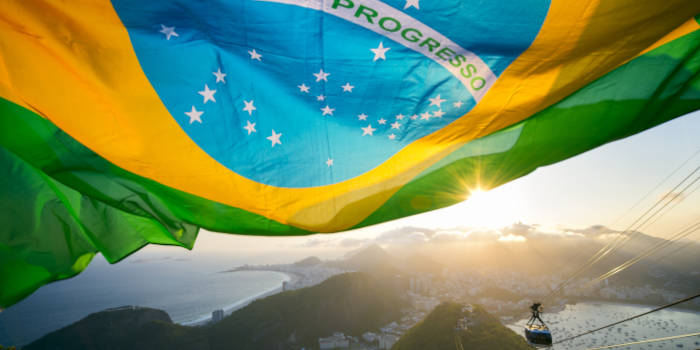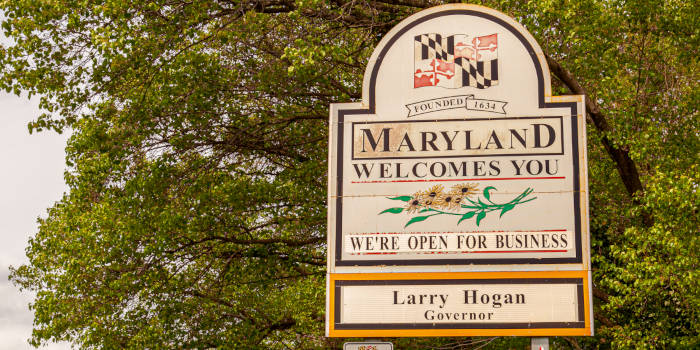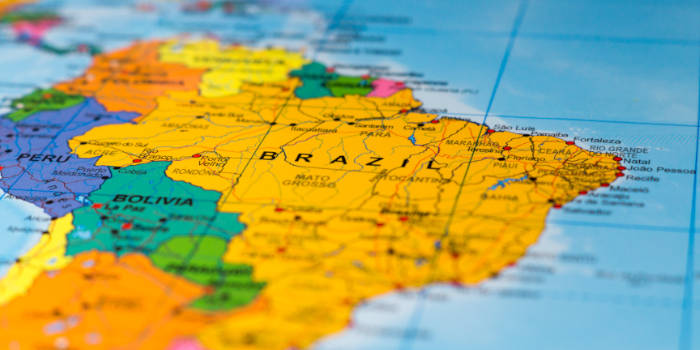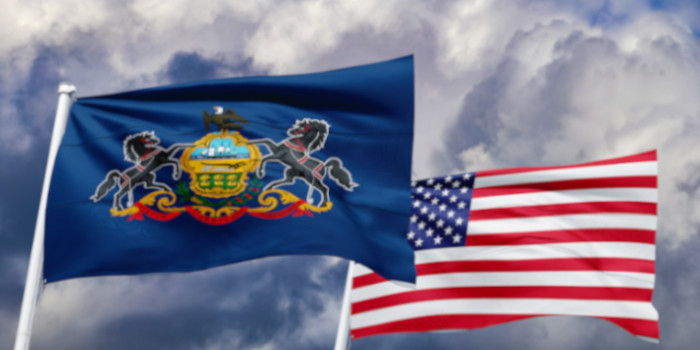Zimbabweans Betting on Pool Games to Make a Living
Zimbabwe has experienced a surge in unofficial pool tournaments, driven by locals who are keen to place a bet
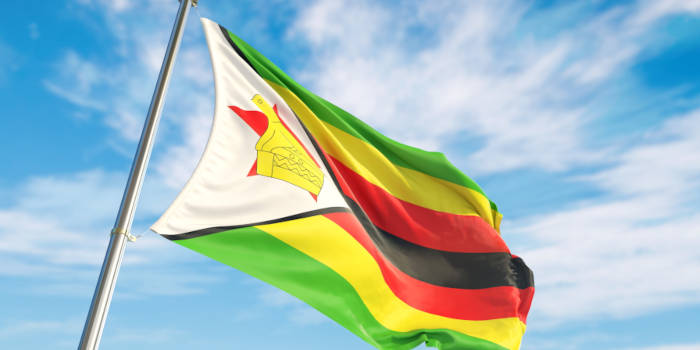
The issue of cost of living in Zimbabwe is worsened by multiple factors, including low employment and payment rates. The country recently looked to legalize online betting, but it seems the latest wave of illegal sports betting is another symptom of a larger problem.
Betting on Pool Matches
Pool tables have begun popping up everywhere in parts of Zimbabwe, and for good reason. People are gathering to conduct unofficial tournaments, with some even charging fees for participation, forming a prize pool. A report by Associated Press (AP) shed more light on the story of an 18-year-old player, betting on himself, hoping to take home $150.
The AP’s report focused on the story of the young man, who was hoping to win a tournament held in Ruwa, close to Zimbabwe’s capital, Harare. He shared that the $150 would help him pay the bills. The average cost of living per person per month for Ruwa was estimated at around $115 by Cost Abroad.
With Zimbabwe’s full-time employment rates being very low, and around half the country considered extremely impoverished, informal work is largely considered a standard way of earning a living. This entails anything from selling goods roadside to participating in pool tournaments and the accompanying betting frenzy.
While these types of makeshift betting events aren’t officially sanctioned, buying off police officials sometimes costs as little as $2, according to AP’s report. However, it might be a question of quantity over quality, as shabby pool tables have begun appearing everywhere. From bars to schoolyards, and sometimes – even in the streets.
Africa’s Gambling Story
The population of Zimbabwe isn’t the only one noticing how productive betting can be economics-wise. The country recently turned to online gambling, hoping that expanding the legal framework for its gambling scene might help alleviate some economic pressures. Legalizing also usually comes with limiting illegal markets – another sore point for Zimbabwe.
The country is only one example of a territory with legal sports betting that’s been plagued with unregulated betting activities. On the whole, this is a major source of concern for African governments, as the opinions on whether gambling is actually beneficial are split between a firm yes, and concerns over the future of the newly-forming middle class.
Many agree, however, that regulation is key to protecting the most vulnerable parts of society. There isn’t a single solution, Zimbabwe’s move towards online gambling shows that there is, indeed, some progress on this developing issue. The continent as a whole, however, exemplifies that albeit present, the progress is slow.
In the meantime, people of various ages find relief in placing the occasional bet, gambling their hard-earned money on the chance to multiply it. Some come back to their families with enough money to make the month, while others have a different experience. At any rate, Africa’s gambling story is still ongoing, and everyone’s hoping for the best outcome.
Kyamil is a big tech fan, who loves hummus on everything and has enjoyed writing from a young age. From essays, through personal art, to news pieces and more serious tech analysis. In recent years he’s found fintech and gambling collide with all his interests, so he truly shares our core passion for the entire gambling scene and furthering the education of the mass citizen on these topics.



